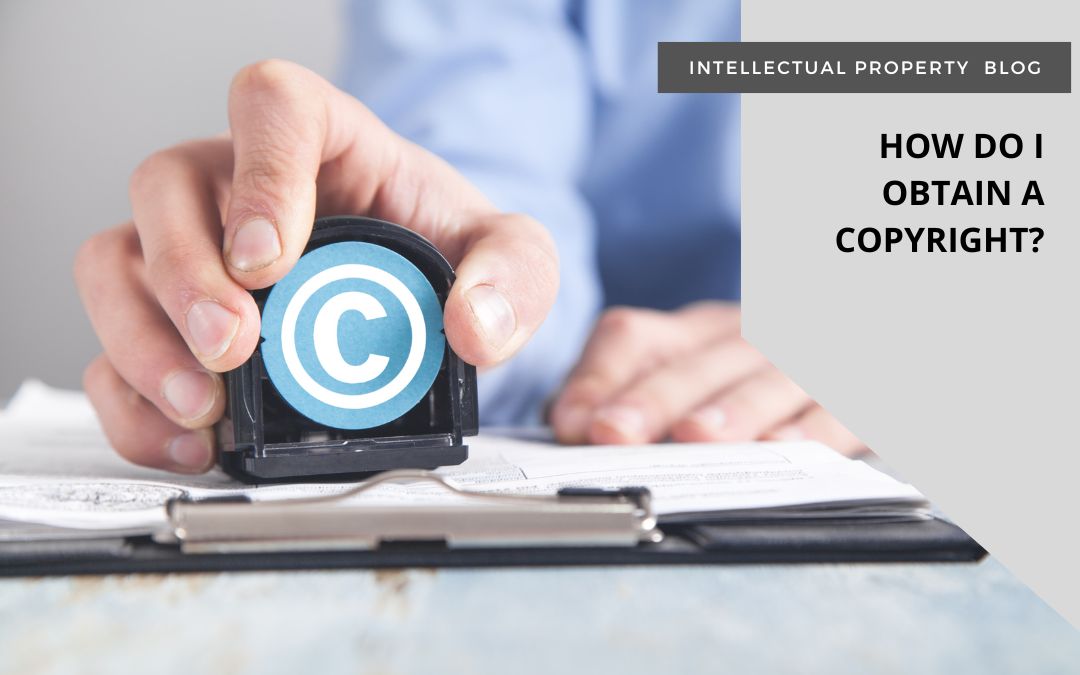
by | Apr 28, 2023 | Intellectual property law
The website, https://www.copyright.gov managed by the United States Copyright Office, provides a wealth of information about copyrights, how to obtain one, and how the protections work. Difference from patents and trademarks Copyrights are different from patents and...
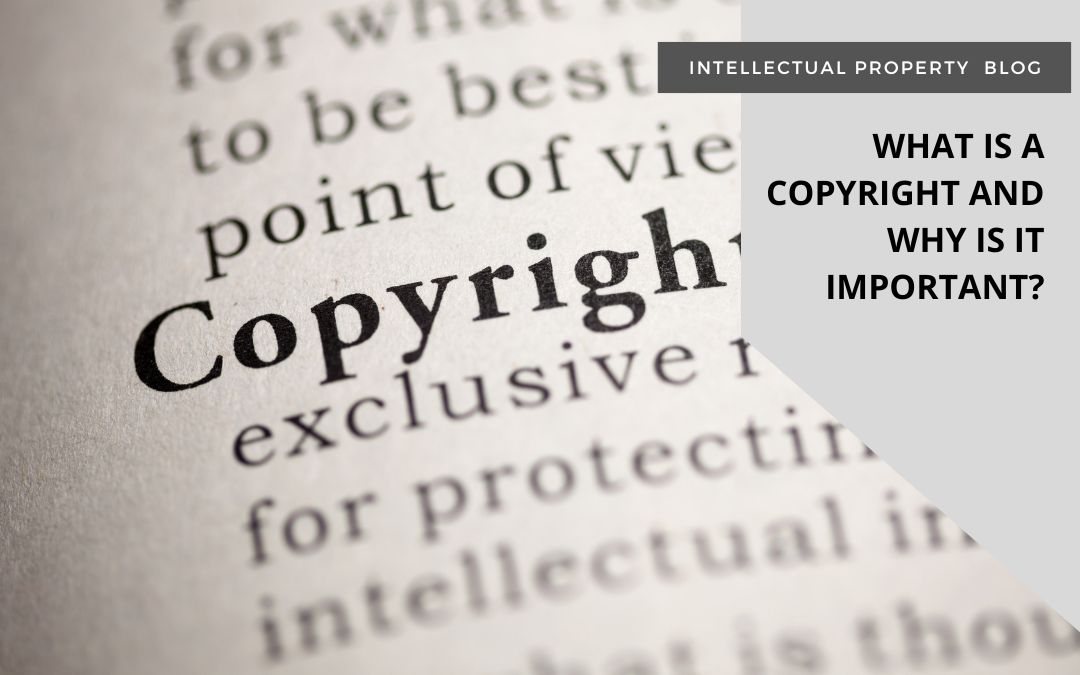
by | Apr 28, 2023 | Intellectual property law
Modern copyrights were established by the Copyright Act of 1976, which outlines what type of properties can be protected and how those protections work. It is common to think of copyrights pertaining to books and songs, yet copyrights cover many more types of...
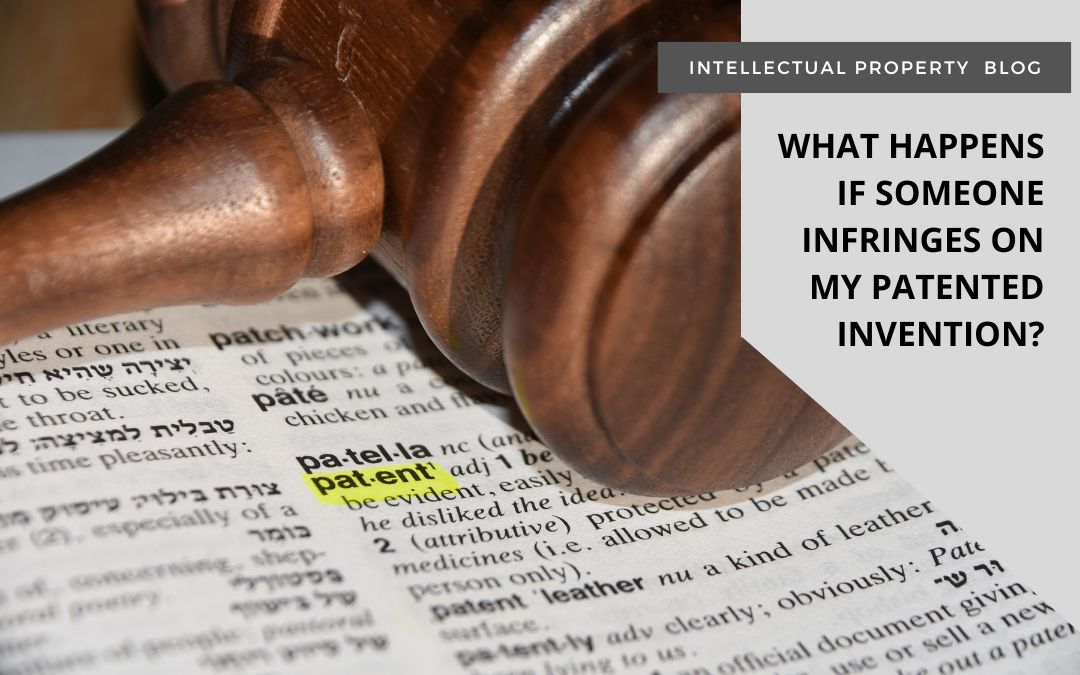
by | Apr 28, 2023 | Intellectual property law
In order for patent rights to be enforceable, the patent owner must diligently keep up with patent maintenance fees. Failing to pay scheduled fees or establishing a history of ignoring infringements can cause a patent to expire. Monitoring the market Patent owners are...
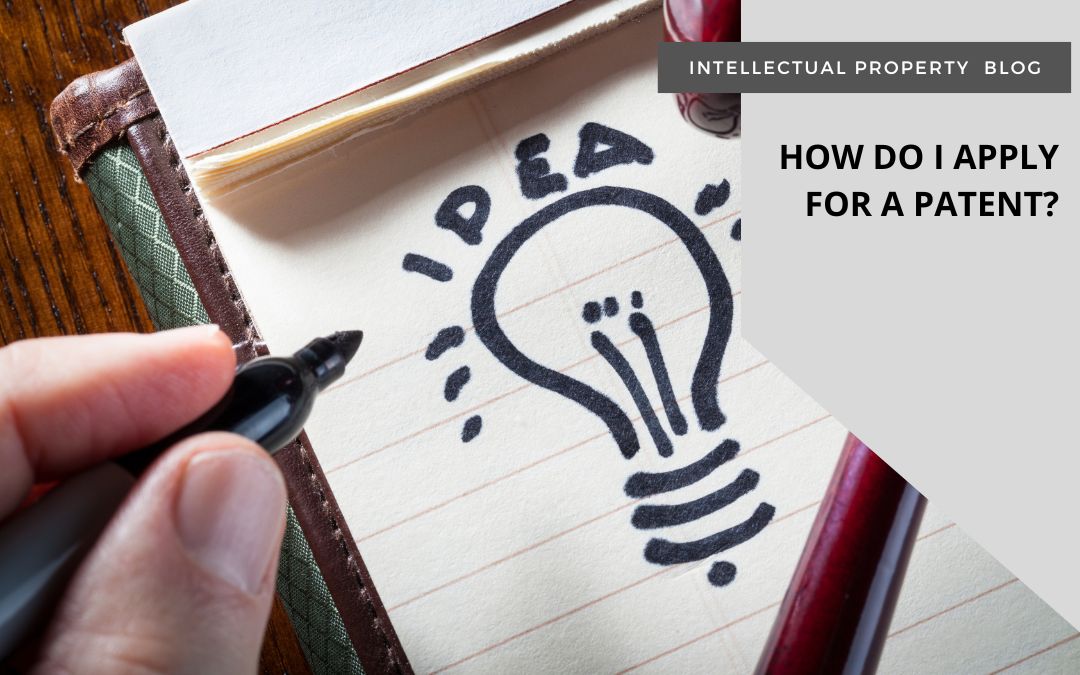
by | Apr 28, 2023 | Intellectual property law
The process of applying for and being granted a patent is governed by the United States Patent and Trademark Office (USPTO). The initial steps outlined by the USPTO state that the applicant must first conduct research to determine if their invention qualifies for a...
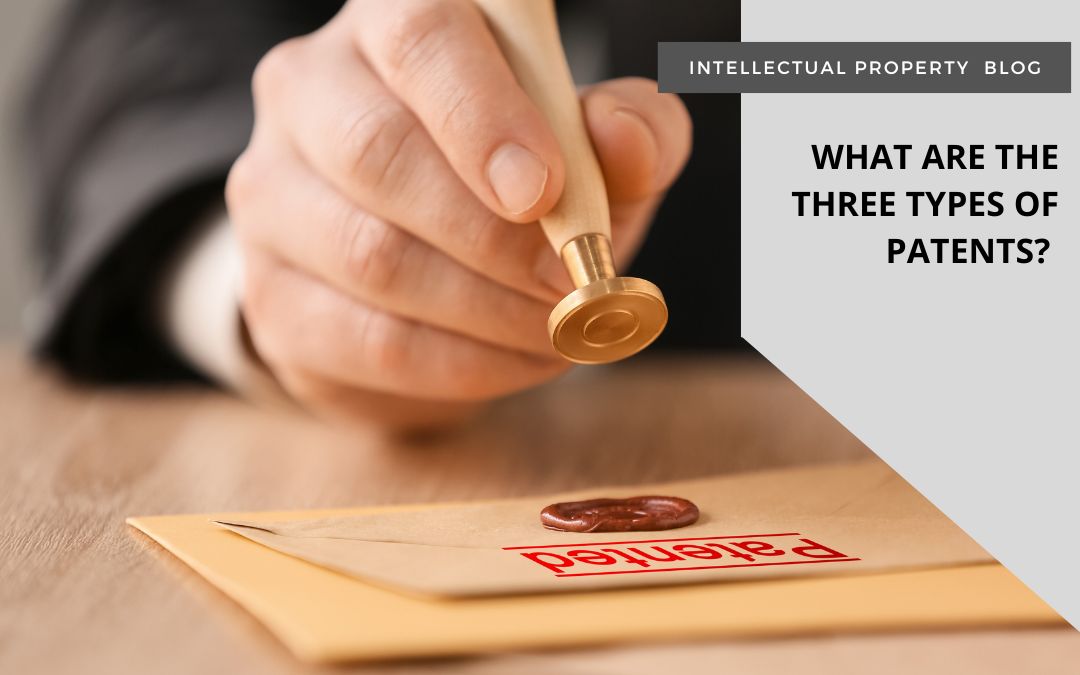
by | Apr 28, 2023 | Intellectual property law
Utility patents Utility patents refers to inventions or discovery of new and useful process, machines (engine, turbine, computer), articles of manufacture (physical products such as a cup, broom, or ladder), or composition of matter (mixture of substances,...
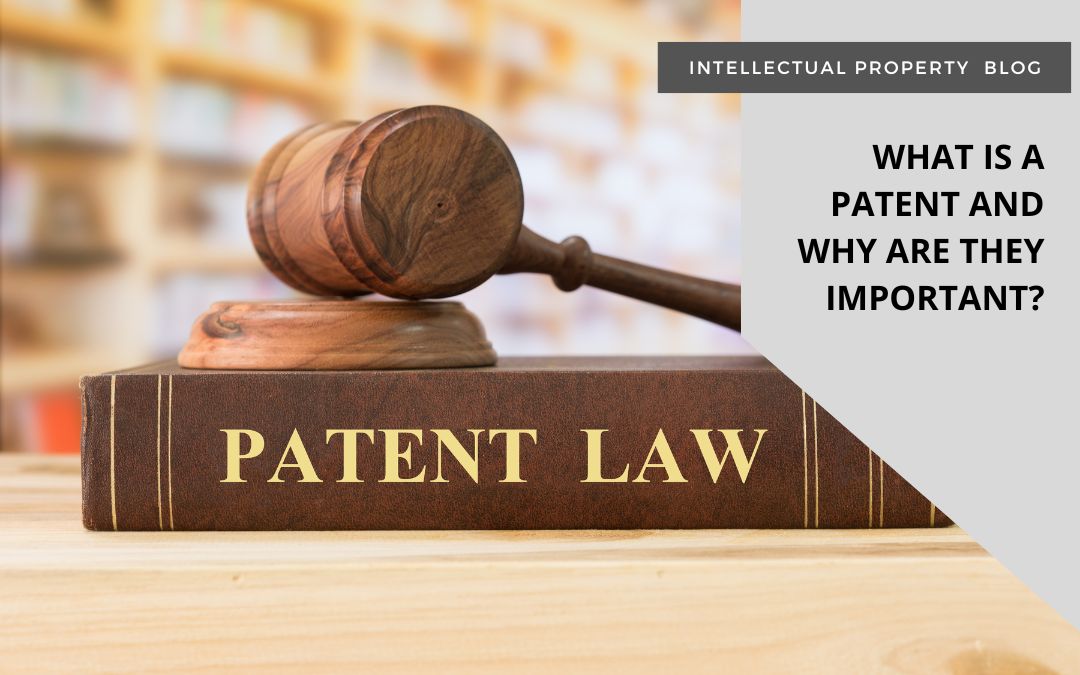
by | Apr 28, 2023 | Intellectual property law
A patent is a form of protection granted by the United States Patent and Trademark Office (USPTO) to inventors. A common misconception about patents is that they grant an inventor exclusive rights to make, use, and sell their invention. While the impact of patent...








